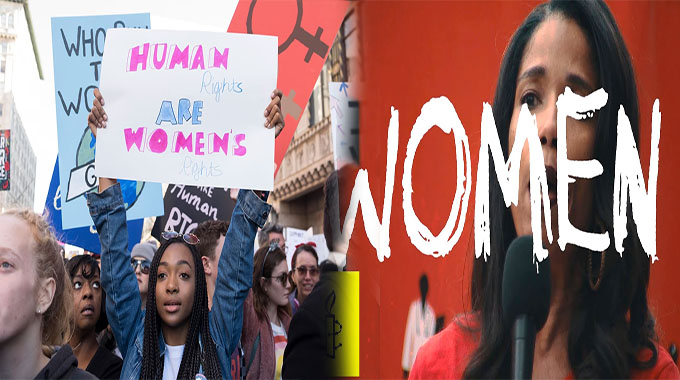Many people may not realize that women’s rights are being violated all over the world. From the street to the home to the supply-chain of our everyday utensils, gender-based violence is rampant. Women in countries such as Saudi Arabia and Italy are subjected to systematic misogyny and oppression. In order to make a difference, women need to be educated about these issues and their rights.
Discrimination stemming from systematic misogyny affects women all over the world
Did you know that the world’s largest economy is the United States? Not only is this the case, it is also the most diverse, with a population of more than 400 million residing in one country alone. The sheer diversity of people makes it a perfect place to live and work. For example, the average office worker can be a plethora of personalities and interests. Luckily, a few savvy employers have taken note and made their employees happy. Besides, if you can’t have fun, you won’t be a productive member of the workforce.
One of the best ways to combat discrimination is to make your employees feel welcome and valued. A few simple tricks can make this happen. Among them is ensuring that employees are informed about sexual harassment policies and providing them with tools to combat it.
Gender-based violence takes place on the street, at home and in the supply-chains of our everyday utensils
The effects of gender-based violence can be very serious, both physically and mentally. It has an impact on individuals and families throughout the world. For instance, it is estimated that one in three women has experienced physical or sexualized violence in their lifetime. Gender-based violence is often accompanied by psychological abuse and economic deprivation.
Gender-based violence takes place in a variety of settings, including the workplace, school, street, and even home. It is common in most countries, but is especially prevalent among women and girls.
Gender-based violence is often associated with a patriarchal system. This makes it difficult for the victim to obtain justice, and thus creates dependency on the abuser. As a result, the cycle of violence continues.
The United Nations Population Fund estimates that one in three women has experienced some form of emotional or physical violence. Typical forms of violence include beating, strangling, sexual assault, or using weapons.
Saudi Arabia’s oppressive guardianship system against women
Saudi Arabia’s male guardianship system is one of the most oppressive laws in the country. It forces women into abusive, repressive situations. Women must rely on the approval of their male relatives for everything from marriage to leaving the house. This system is deeply entrenched in the societal practice of the country.
A woman named Rahaf Mohammed fled Saudi Arabia in January, fearing for her life after renouncing Islam. She traveled to Thailand and was granted asylum.
Thousands of women have tweeted in solidarity with her.
Currently, Saudi women are forced to wear a burqa in public places, and are not allowed to leave the home without the permission of their guardian. They are also subject to a ban on sexual activity.
Italian women’s rights violated by doctors refusing to carry out abortions
Italy’s abortion regulations have been controversial. In the last decade, the number of doctors who refuse to perform abortions has increased by 12 percent. These so- called “conscientious objectors” have their own moral beliefs.
A recent report by the European Committee of Social Rights (ECSR) found that Italy failed to meet its legal obligations regarding access to reproductive health care. Its members ruled that Italy violated international treaties by failing to ensure that women have access to a range of services.
According to ECSR, the Italian government has a duty to provide women with information and guidance on how to access these services. Women are required to consult a health facility, and they must undergo relevant medical examinations.
But some hospitals have a difficult time providing abortion services. For example, in the Marche region, three hospitals were reprimanded by the European Committee of Social Rights in 2014. This was a serious violation of women’s rights.
Sanctions against countries that violate the rights of women
Economic sanctions are a way for large governments to express disapproval. They can target specific policies or entities, and can have long-lasting consequences.
The United States has taken a series of steps to impose significant penalties on human rights abusers. Among them are the Global Magnitsky Act and four country- focused Executive Orders.
Sanctions are a way to force a regime to change its behaviour. The United States recognizes that respect for human rights is essential to global prosperity and peace. Similarly, the European Union has signed the Istanbul Convention, which seeks to address serious violations of human rights worldwide.
Using economic sanctions to address serious human rights violations requires both economic and political efforts. The European External Action Service (EEAS) plays a key role in sanctions management, and works in close cooperation with Member States and EU delegations.











